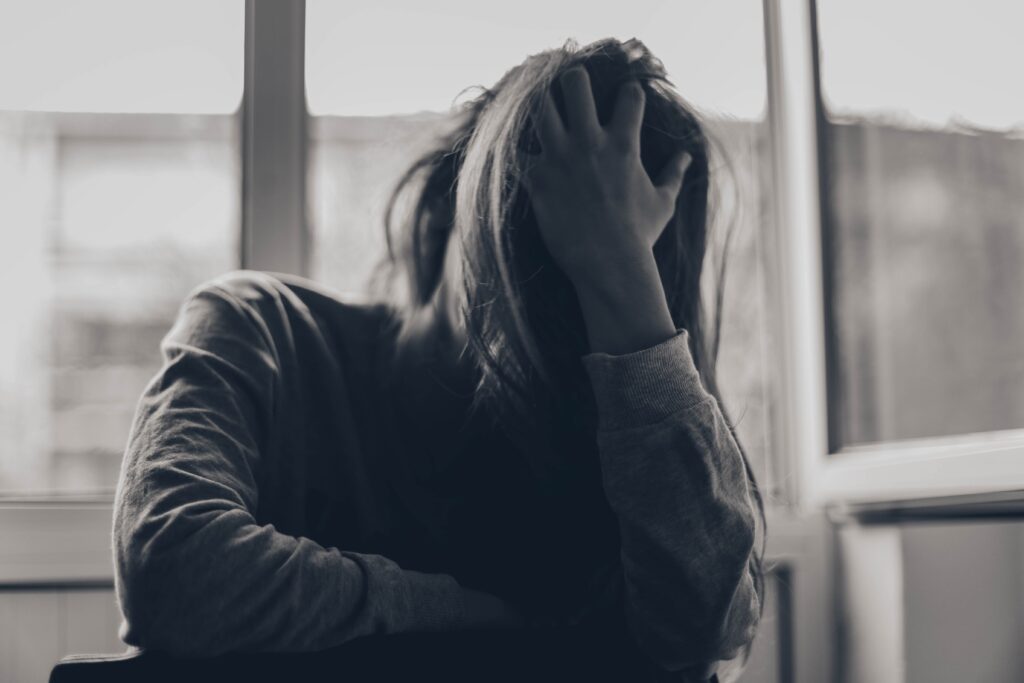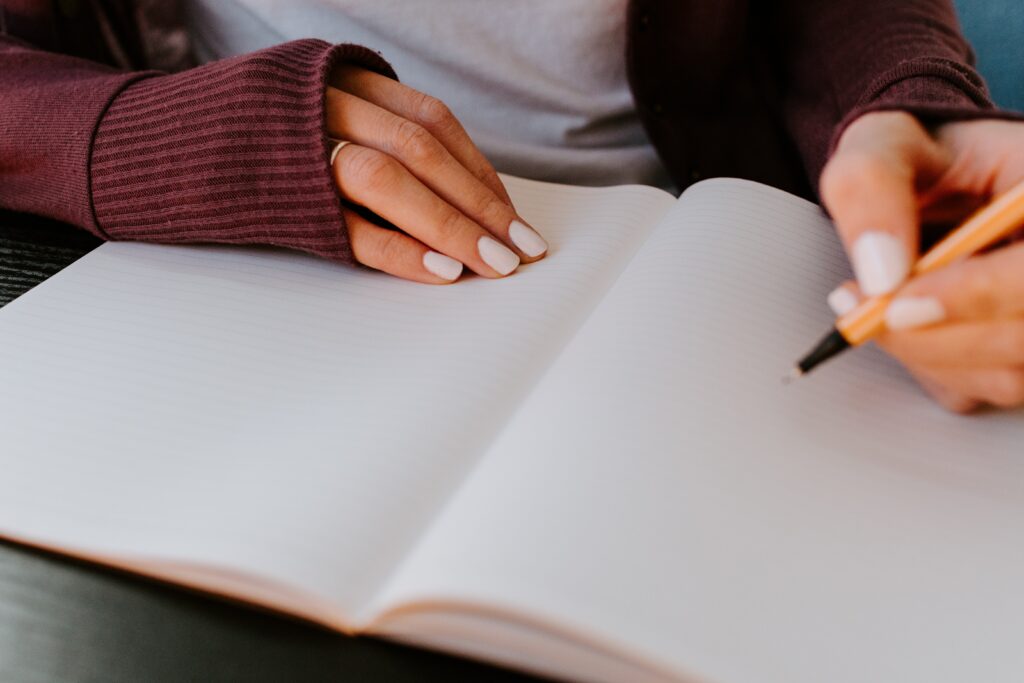What Triggers Are and How to Deal With Them
What are Triggers?
Triggers are events or situations that can lead to uncomfortable feelings like anxiety, panic, anger or despair.
It is common for triggers to affect people in recovery.
If a person doesn’t learn to recognize triggers and develop a healthy response to them, they can lead to a relapse or other harmful behaviors.
These stimuli can cause an intense craving for the drug and can lead to a relapse.
The feeling can be overwhelming and difficult to handle without the correct skills or support.

Triggers can be classified into 3 general groups

Environmental triggers can include social events or situations that were once associated with drug use.
Re-exposure triggers include circumstances that bring a person into proximity with the drug of abuse. This can drug-seeking behavior to return.
Stress triggers can include emotions such as fear, anxiety, anger and sadness.
Examples of Triggers
- Financial issues
- A relationship ending
- Getting in a fight or being yelled at
- Family issues
- Seeing drug use or alcohol commercials
- Feeling overwhelmed or stressed
- An anniversary of a loss or trauma
- Certain smells, sights or sounds
- Being around particular people or in certain atmospheres (i.e. parties or bars)
A good way to cope with triggers is to make a list of your triggers and then develop a list of actions to take to deal with them.
Examples of actions you can take are:
- Call a sponsor in your 12-step program or another person you can turn to for support
- Go for a walk or any other exercise
- Play an instrument or write in your journal
- Pray
- Meditate or try some deep breathing exercises
- Distract yourself with a book or a movie
- Remind yourself of the negative consequences of drug use


You can also take proactive steps to deal with triggers
Examples are:
•Take a class in anger management or assertiveness training.
•Work with a therapist if you have experienced physical or emotional abuse.
•Try and avoid people and places connected with drug use.
•Stay away from all abusive substances, even if they are not your drug of choice.
•Take good care of yourself by eating well, getting lots of sleep and exercising.
For more information, check out the Recovery Tools sections on this website.